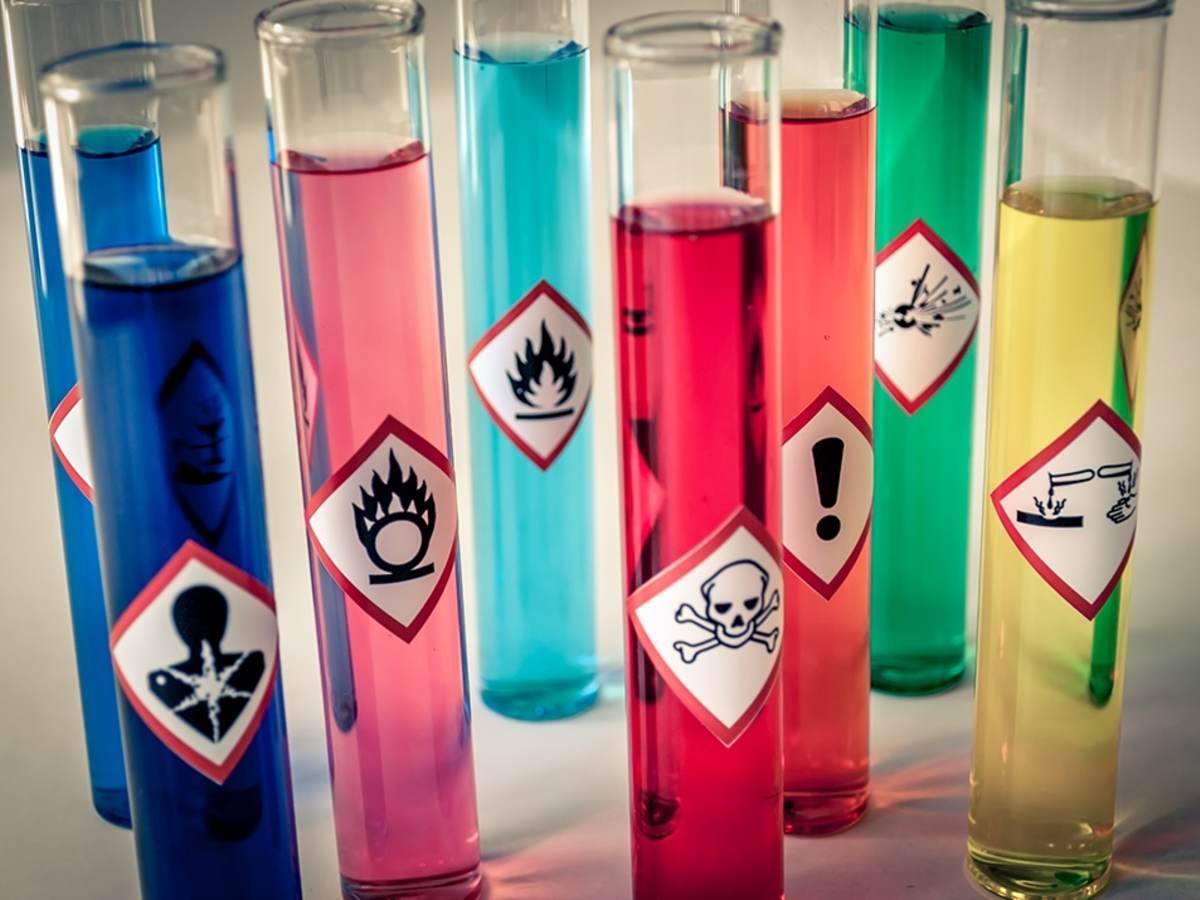October 8, 2025
By Donia Amara, Regulatory Specialist, Supply Chain Team, UL Solutions
In August 2025, the French Parliament enacted the ‘Duplomb’ Law which is aimed at reducing regulatory constraints on agriculture.
The law includes measures to expand industrial farming operations and to streamline advisory services by allowing cooperatives to both advise farmers and sell agricultural products. It also modifies regulatory oversight, adjusting the role and authority of agencies like (National Agency for Food, Environmental and Occupational Health Safety) ANSES.
The Constitutional Council declared the procedure for adopting the law to be compliant. However, the Council censured the proposals that allowed for exemptions to the ban on plant protection products containing neonicotinoids.
Pesticide Regulation
The Legislative Act issued on August 11, 2025, intended to remove constraints on the agricultural profession by reviewing the regulations on plant protection products (PPPs), also known as pesticides. In particular, Article 2 includes the possibility of exempting the use of Acetamiprid, an insecticide belonging to the neonicotinoid family, for specific purposes, for sectors that have no other solution and are at a disadvantage compared to their European peers who do have this solution (such as the beet and hazelnut sectors). This neonicotinoid, approved by the European Union until 2033 and authorized in other member countries, was banned in France in 2018 due to its documented toxicity to pollinators, including bees and potential human health risks. The Act also considered removing the constraints for other substances in the same chemical class and that share similar ecotoxicological concerns.
The Law also prohibits the cultivation of any plants that attract pollinators, such as bees, in areas that have been treated with Acetamiprid. It stipulates that the French government must support research and compensate farmers when it bans plant protection products containing active substances that are authorized at the European level.
The initial text went considerably deeper. It included a proposal to completely remove the ban on using neonicotinoids in farming (Acetamiprid in particular). It also had other measures, that the Senate changed, about the French Agency for Food, Environmental and Occupational Health & Safety (ANSES), which were withdrawn and no longer appear in the final version since it’s not compatible with the environmental charter.
The law also stipulates that from January 1, 2026, the production, storage, and distribution of active substances refused or not renewed by the European Union will be prohibited.
Overall, the pesticide related measures of the Duplomb Law are seen as a turning point, where the balance between agricultural productivity and environmental protection remains highly contested.
Other provisions on stock farms, agricultural basins and the OFB
Beyond pesticides, the Duplomb Law also introduced several measures aimed at easing farmers’ administrative and technical burdens. It created the framework for strategic advisory service on phytopharmaceutical use to be delivered to farmers. It also touches upon issues of water use, including irrigation and reservoir projects or “mega-basins.”
Finally, rewritten provisions aim to stabilize the relationship between the French Biodiversity Agency (OFB) and agriculturalists. The position of the prefect, who is already the OFB's regional representative, has been strengthened, and his role has been clarified.
Reference
Regulatory Roundup Newsletter
Never miss an update
UL Solutions, the global safety science leader, can keep you updated on the latest events with a variety of materials, ranging from the latest regulatory news, webinars, white papers, events, industry insights and more.
Subscribe to our monthly Regulatory Roundup Newsletter and stay up to date on current and upcoming regulations and all the latest chemical industry news.
Safety Data Sheet (SDS) Authoring and Labeling Software and Services
Create, maintain and distribute comprehensive SDSs and labels to meet your increasingly complex global compliance requirements.
Chemical Regulatory Compliance
Manage your chemical compliance needs with the help of global regulatory expertise and leading resources.
Chemical Compliance Training
We provide a series of chemical regulatory training programs designed to help understand the diverse set of requirements and how to confront them.
Get connected with our sales team
Thanks for your interest in our products and services. Let's collect some information so we can connect you with the right person.





